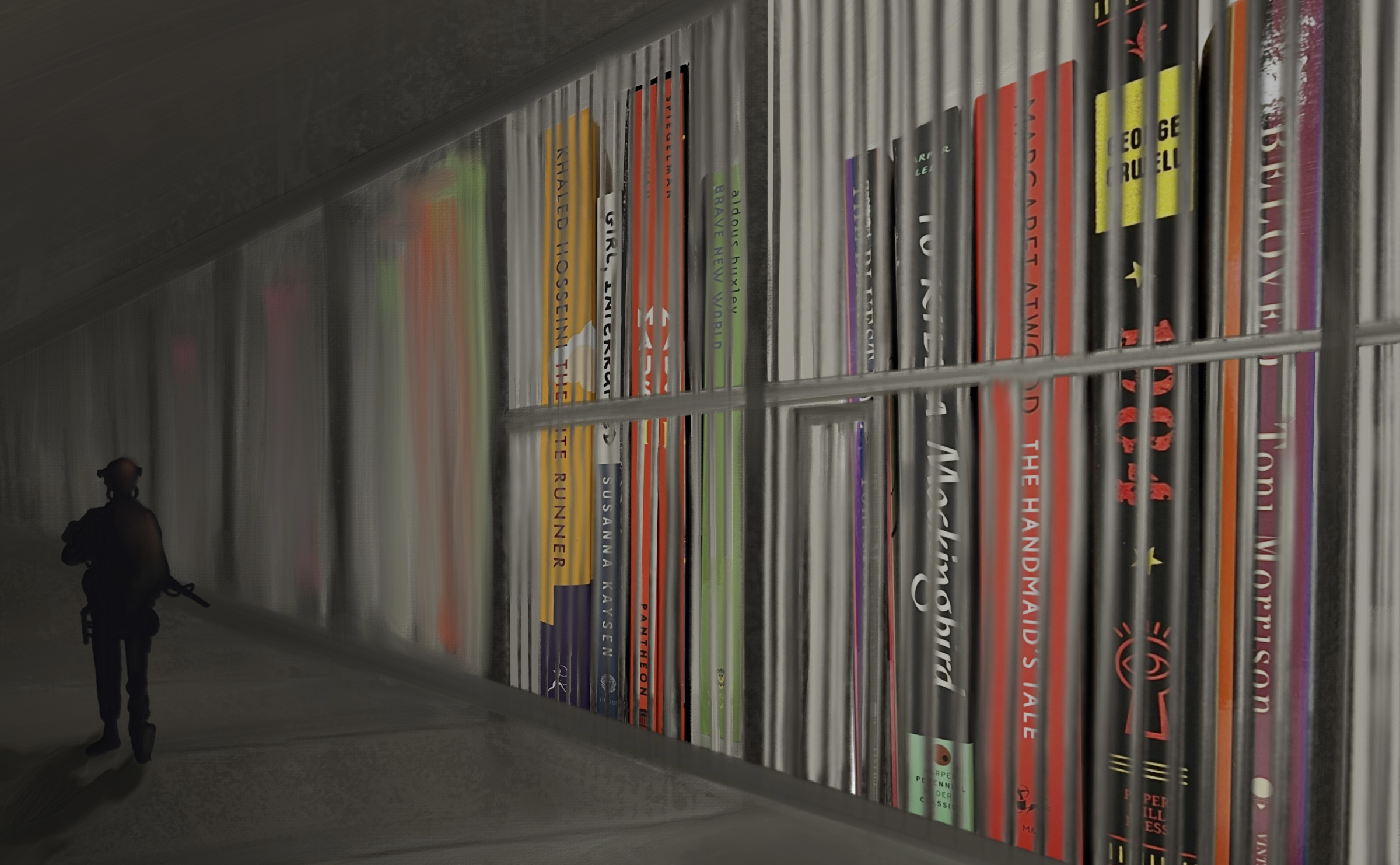How the Project 2025 book ban affects future generations
Following the recent American election, several dozen books are proposed to be banned for themes that oppose the “ultra-conservative social vision.”
Project 2025 is a policy proposal document created by American right-wing organizations, including the Heritage Foundation. The 900+ page document has four main objectives: defending American borders, dismantling the administrative state, making “family values” the core of a true American life, and ensuring citizens have the “God-given” right to live freely. President Trump is already working on passing legislation using the Project 2025 document as a baseline for his new policies. Trump has also appointed key authors of some of the documents to fill government positions. Project 2025 promotes “unitary executive theory,” which would place all federal bureaucracy and independent agencies directly under presidential supervision.
Part of Project 2025 involves an extensive list of proposed book bans. The ban list includes many notable titles, ranging from The Handmaid’s Tale to Harry Potter to 1984 and more. Explanations for the potential bans include sexually explicit content, feminist views, and LGBTQ+ characters. Themes like these are banned as they are seen as going against the “family values” and other ideals outlined in Project 2025.
Book bans are detrimental to society because books explore many different themes, characters, and situations, which allow young children to learn about and form their own ideas about certain issues. Books may be a child’s first introduction to ideas like dictatorships, different religions, or relationships that look different from the heteronormative model. As the internet becomes easier to control, books are really the only way to introduce someone to a new perspective. One of the main reasons that Gen Z is so opposed to corrupt authority figures is because we grew up with dystopian stories of revolution like The Hunger Games, The Maze Runner, and Divergent. While it may seem like a bad idea to allow youth to read books about revolution, these books teach people that the government is not always correct, does not always have the citizens’ best interest in mind, and encourages standing up for what’s right. Otherwise, you’d raise a generation that is agreeable with the idea of the government having full dictatorship control. Which is, evidently, what President Trump seems to want.
Additionally, due to the different perspectives that books can offer, for a lot of children, books are the first place where kids can feel seen. Titles like Love, Simon reassure LGTBQ+ children that they aren’t defective or less deserving of love because of their sexuality. Books like The Hate U Give can make people of colour feel vindicated because of its story about standing up against racism. Books may be the first time a child encounters someone like them and realizes they aren’t alone. For some kids, books like Harry Potter can be a means of escapism, a distraction from the pressures of daily life. If these books get banned for their themes of LGTBQ+, racism, and witchcraft, respectively, then a whole generation of kids might grow up feeling even more alone in this world. Books such as Fahrenheit 451 and 1984 are also hot on the ban list. This is ironic because the main themes of both books are about how destructive censorship can be for a society.
Ultimately, the proposed book bans outlined in Project 2025 are a form of brainwashing—silencing diverse voices and limiting children’s ability to critically engage with the world around them. By not allowing people to be exposed to values and opinions that oppose their own, you create a society that all thinks exactly alike, with no room for innovation.

